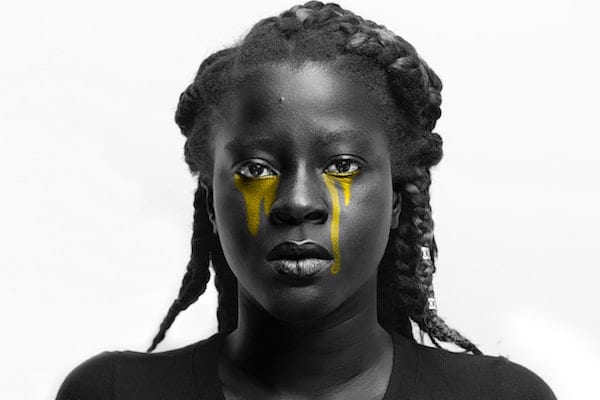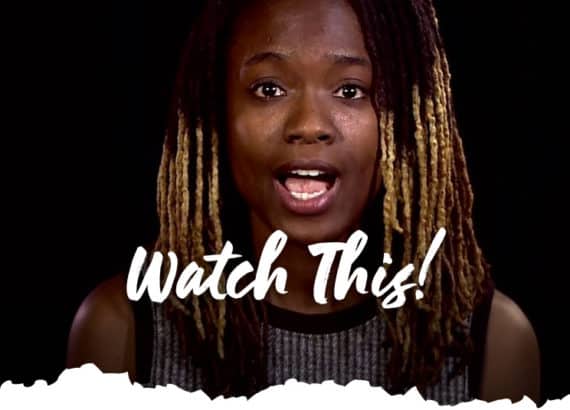Nina Chandler had it all. She was a successful pediatrician, just bought a new house and had achieved everything she ever wanted by the age of 29. She walked through the world confident, with her chin up and had a sunny disposition. The successful pediatrician was happy, but, like many of us, she wanted to find love – her person. It’s no fun at the top without anyone to share it with, she thought.
In the midst of loneliness, coupled with her upcoming 30th birthday and a sense of failure when it came to love, Page expectantly walked into her life. Page was the complete opposite of Nina – she was edgy, daring and what some would call, a “free spirit.” Nina fell quickly in love with Page. It all happened so fast. They were meant to be. As the relationship developed, Page’s jealousy, insecurity and controlling nature slowly emerged. During the dating phase, Nina ignored all of the red flags. Like many women in lesbian relationships, Nina was admittedly flattered by the jealousy and overlooked the small things. She equated jealousy with love and didn’t know the difference between passion and obsession.
Eventually, Nina found herself in a full-on abusive relationship, which she struggled to come to grips with. She was experiencing relationship abuse long before it became physical – she just didn’t recognize it.
As a writer, I believe the LGBTQ community should be fully represented, bringing awareness to both the things we love to talk about and the things we hate to talk about. Intimate partner violence also known as domestic abuse in lesbian relationships is appallingly high. Indeed, 44 percent of lesbians experience abuse by an intimate partner. However you would be hard-pressed to hear such a topic come up around the dinner table with a group of friends.
It’s important that the lesbian community creates a space for public conversation about this topic. In addition, women should know how to protect themselves from intimate partner violence. Since we are socialized to believe that only men abuse women, it can be difficult to understand that as a woman you might be in an abusive relationship at the hands of another woman.
If you are reading this, and feel you might be in an abusive relationship, then you probably are. Domestic/dating violence is a pattern of controlling behaviors that one partner uses to get power over the other. This includes, physical violence or threat of physical violence to get control, emotional or mental abuse and sexual abuse. Preventing you from leaving, grabbing you or calling you names are all examples of domestic abuse.
If you are trying to assess whether your relationship is abusive or not, take a look at the following questions:
Do you feel embarrassed or ashamed about the things that happen in your relationship?
Does your partner accuse you of cheating or flirting with others?
Are you hiding things from your loved ones that happen in your relationship, but that also make you sad?
Does your partner try to control how you dress or act?
Is your partner jealous of your other relationships?
Does your partner take issue with you spending time with others without her?
If you answered yes to any of these questions you are not alone. There are resources and advocates to help you. Over the years, I have witnessed queer women ignoring these signs of domestic abuse; unaware that what they are experiencing is abuse. In previous relationships, I have ignored these things as well.
When compared to their heterosexual counterparts, many groups within the LGBTQ community experience higher levels of intimate partner violence, according to the Centers for Disease Control and Prevention (CDC). For example, a 2010 CDC report found 61 percent of bisexual women experienced intimate partner violence, compared to 44 percent of lesbians and 35 percent of straight women.
Don’t take the red flags, unhealthy behaviors and relationship dynamics for granted just because you and your partner are women.
If you are a victim, are trying to assess whether you are a victim or if you are a family/ friend concerned about a loved one, visit the National Domestic Violence Hotline site here. There are also local organizations and advocates near you, please reach out to them.








